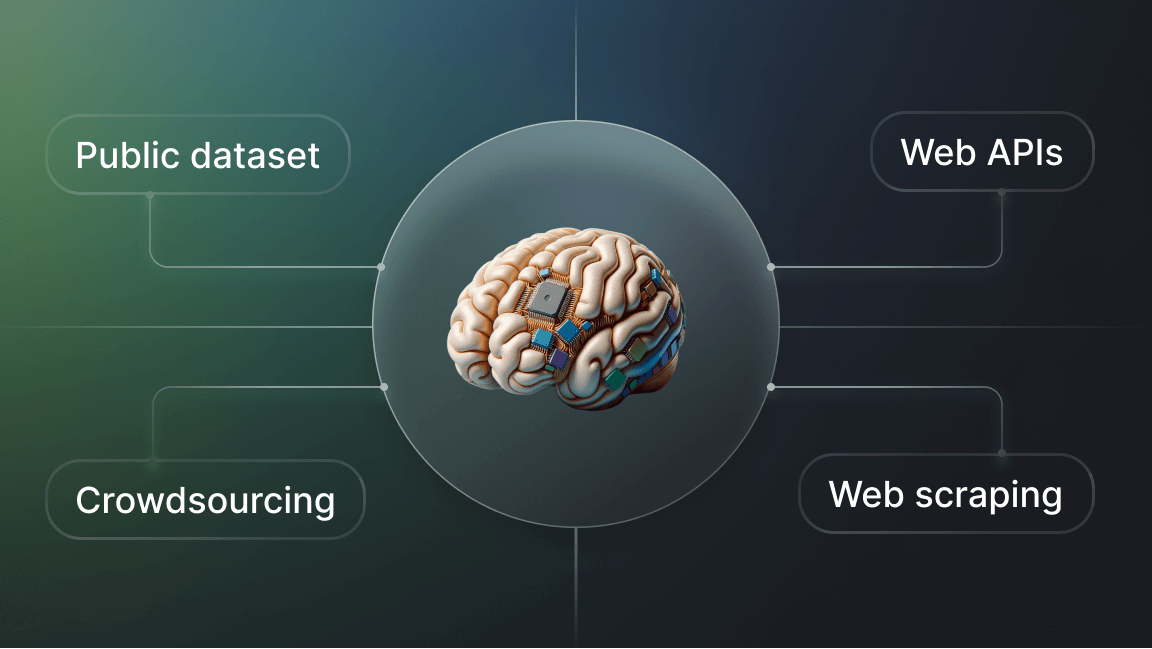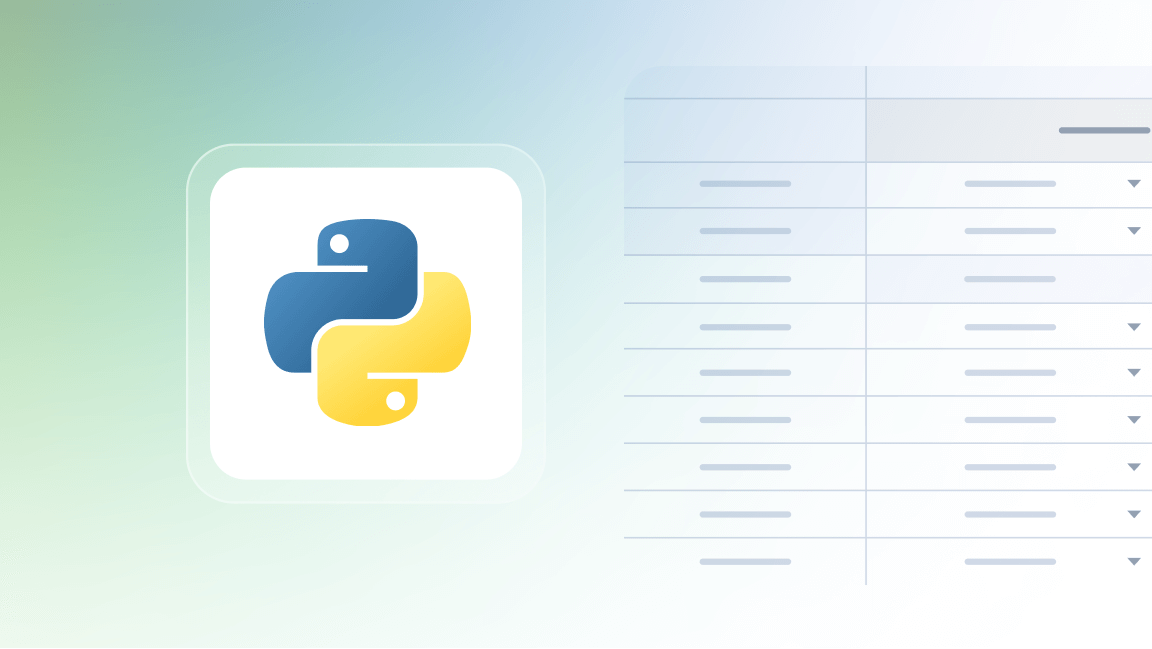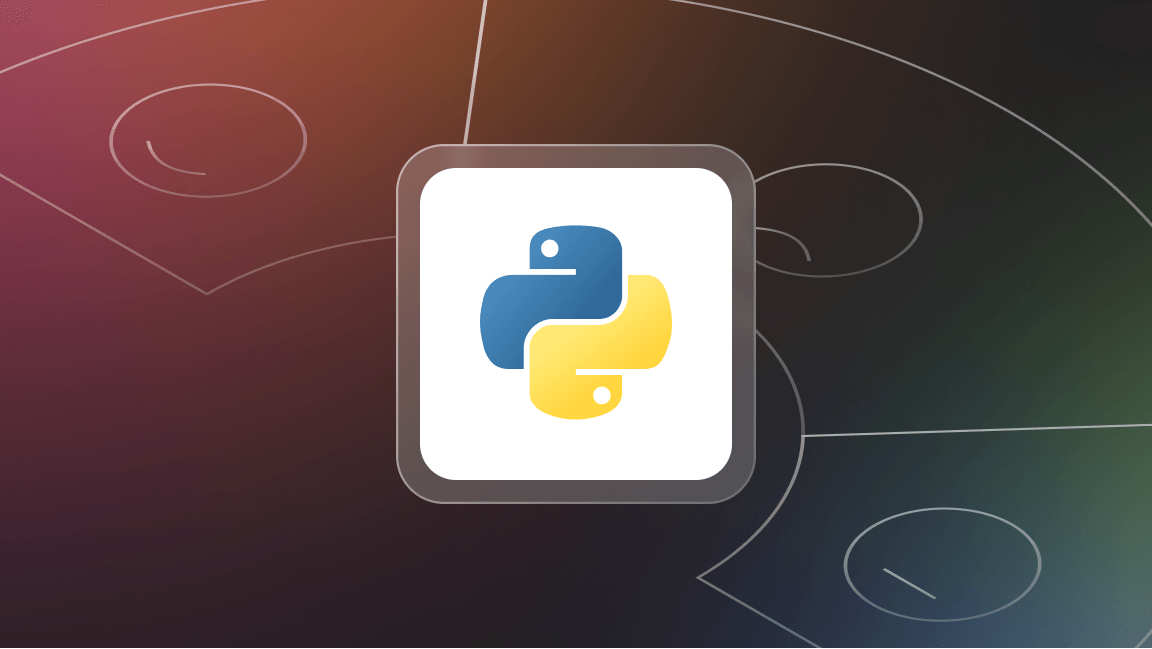We data scientists — not to mention data analysts, machine learning engineers, and others — know all too well that acquiring data is one of the biggest roadblocks in many projects we undertake. Even when we finally manage to obtain the information we’re looking for, the data is often dirty or incomplete because of the limitations of the collection process. The situation is not so bad when the data comes from the internet, because it can often be automatically scraped, which is a lot easier than when you need to acquire data from the physical world. However, even web scraping can prove problematic on modern websites. Here are three of the most common issues you might have when scraping data:
- Your program could get recognized as a bot and blocked.
- You might need data only available in specific parts of the world.
- You could find yourself trying to access data only available after logging into a website.
That’s not an exhaustive list of the difficulties you could have; a simple task that should take one afternoon can become a mind-numbing chore that lasts for days or weeks. To mitigate or even avoid these issues altogether, you can use Apify in several ways ⬇️
How can Apify help data scientists?
1. Use a ready-made scraper
We already have an extensive collection of ready-to-use scrapers available to everybody. Some are free, while others require a small monthly payment. There you will find tools for many popular websites, such as YouTube, Reddit, or Amazon, but also more obscure ones like Hacker News or Zoopla. To use them, all you need to do is sign up to Apify and click the Try for free button on the scraper page, and you can start collecting all the data you need. Another neat thing about these scrapers is that they are often regularly maintained, meaning they will keep working for you for as long as you need them.
2. Scale your business with a custom solution
Even though Apify Store is quite sizable (more than 1,000 scrapers at the time of writing), there is a chance that you won’t find the bots you are looking for. If that’s the case, and you need a large-scale solution, you can always contact us directly through a simple form, tell us what you need, and we’ll get back to you with an offer. Our experts will then discuss your requirements and deliver an end-to-end custom solution for you. As with the tools in Apify Store, we can handle the maintenance for you, ensuring that you can rely on the scraper to provide you with high-quality data for as long as you need.
Alternatively, if you have a limited budget, you can always post on the Apify Discord and one of the skilled community of developers who use Apify will make you a fair offer.
3. Use an open-source web scraping library
Maybe you like doing things yourself, you’d like to learn web scraping, or you don’t have the budget to hire external developers. Whatever your reason for not getting us to do all the hard work for you, we can still help you, thanks to the two web scraping libraries we’re developing.
The first one is Apify SDK. This library allows you to easily interface with the Apify platform, making it simple to run your scrapers without worrying about maintaining servers or acquiring proxies because the platform will do those for you. But we can help you even if you want to exclusively use your hardware, thanks to the second library, Crawlee.
Crawlee contains tools that make developing your own scrapers much quicker, for example, the PuppeteerCrawler, which allows you to parallel crawl any website you want using Puppeteer or headless Chrome. Moreover, it has built-in capabilities to avoid anti-scraping measures, such as automatically generating realistic headers and fingerprints for your requests, drastically reducing the chance that your requests will get blocked.
However, acquiring data isn’t the only thing we can do for you. You can create more than scrapers on the Apify platform. You can run any script written in JavaScript or Python on our cloud. That means you can do anything you wish with the data you scraped, whether preprocessing, analyzing, or moving the data elsewhere. For example, if Keboola is your thing, we already have an integration for it that you can use.
What the future holds
Apify has some big plans for how to further improve the quality of life for data scientists by continuing to increase support for Python and allowing access to GPU-capable servers. In addition, we're quite curious about scraping for generative AI side of things lately which might be of interest to you as well. But even now, there’s plenty we can do to help you. Why don't you get in touch and let us make the less fun parts of your job go by much quicker 🙂







